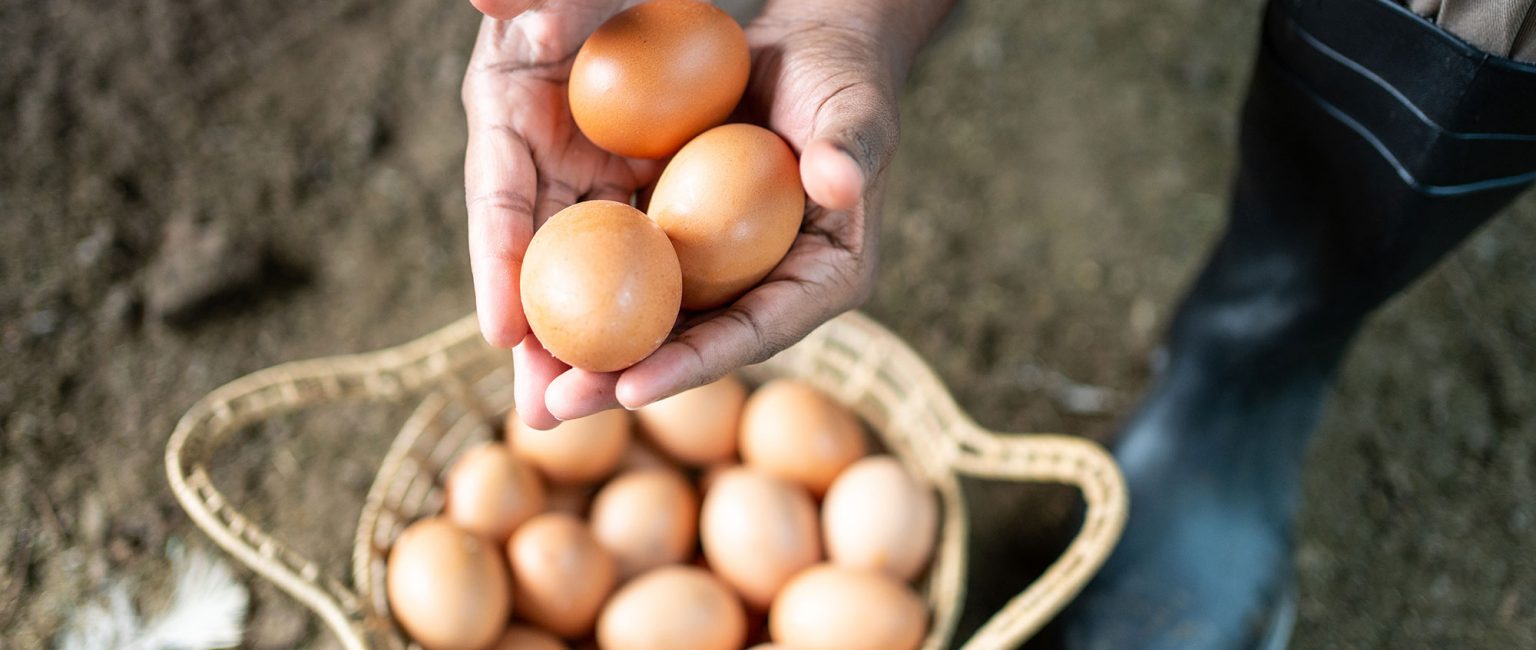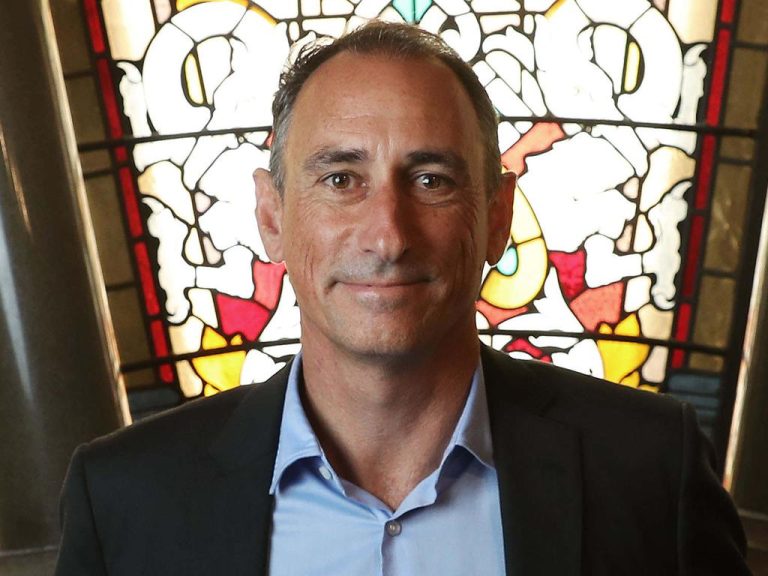Egg industry pressures might boil over into industry consolidation

According to industry experts, egg farmers are facing massive price hikes for almost every input needed to raise hens and produce quality eggs and the prices paid by supermarkets, manufacturers and hospitality remain at 1990 levels in some areas.
Fears for the future of industry
Egg Farmers of Australia, which advocates for Australia’s cage, free-range and barn-laid egg farmers, said in the last 12 months the cost of young laying hens increased 20%, fuel prices jumped 25% and the cost of canola oil, used as feed, climbed 141% a tonne.
The cost of feed grain, as well as packaging also increased significantly and staff have also been hard to find.
Chief executive officer Melinda Hashimoto said that 2022 farm gate prices for eggs in some areas remained at 1990s levels.
“It is a reality that Australians are going to have get used to paying more if they want their eggs and other food grown in Australia, or they’ll see Aussie farmers go out of business,” she said.
Ms Hashimoto also said some farmers are also carrying ”huge debt as they prepare to transition from caged eggs and invest in free-range egg production systems” as required by new standards and guidelines designed to give chickens more room to roam and ultimately see battery eggs phased out by 2036.

The cost of transitioning to free range production is high, according to industry body the Egg Farmers of Australia. Picture: realestate.com.au/buy
Floods on the east coast which destroyed feed crops and the impact of severe drought for the two years leading into the pandemic, which disrupted supply chains and dramatically reduced egg consumption for a time, and a reduced output of free-range eggs, affected by cold conditions this winter, also had an impact.
Ms Hashimoto said the speed of rising input costs is ”so alarming some long-term egg farmers are genuinely fearing for the future of the industry.”
Consumers will have to pay more
Brian Ahmed, the Victorian Farmers’ Federation egg group president, who runs a 30,000-bird farm in Werribee, west of Melbourne, producing 25,000 eggs a day, said farmers are struggling to cover the skyrocketing costs, whether they supply supermarkets or independent outlets.
He said consumers will ”simply have to get used to paying more”.
”The reality is, it’s costing much more to produce eggs, as the cost of everything is going up. Consumers will have to get used to paying $6 or $7 for a dozen eggs at the supermarket or their local greengrocer. The days of $2 and $3 dozens are over unless we see a massive decrease in costs,” Mr Ahmed said.
”Small free-range farmers with a few thousand birds, who previously sold a dozen eggs at the local farmers’ market for $7 or $8, now need to charge $15 or $20 a dozen to cover their costs … and that starts getting out of reach for many people. That’s putting a lot of pressure on those small guys and might make it unsustainable for them,” he said.
Growing ”squeeze” on profitability
Associate Professor Flavio Macau, the associate dean of the School of Business and Law at Edith Cowan University, said the economic and environmental events that made 2022 difficult could spark a consolidation of egg-producing farms, many of which are currently family-run.
”Costs are going up and up but income is not necessarily going up at the same speed and then there is a squeeze on the profitability,” he said.
”The average return on investment for a small farmer is about nowadays 4% to 6% a year, which is less than most super funds have had in the past 10 years.
”Some of those businesses will just continue to operate, because of tradition – because it’s their life – but when you look at the next generation, they will start asking ‘why should I bother?’ (with returns like that) and what you’ll see is those smaller farmers will start moving out of the business because it’s not profitable to the extent that they would expect,” Associate Professor Macau said.

This egg farm in Blewitt Springs is currently on the market. Picture: realestate.com.au/buy
Like has happened with other types of farms, such as wheat, bigger egg farms will swallow up smaller ones and the land they own, he said.
”And once the bigger farms take hold of that land, they will go to whatever is more profitable at that time. If they find that eggs are really profitable now, they’ll go for eggs, but if in two years from now, they find out that it’s better to say, raise sheep, they will go to sheep or whatever their calculations show to them as being more profitable as a bigger business.”
Chris Weston, of Raine & Horne at Oakbank/Mt Barker in South Australia, currently selling a 9.7-hectare egg farm at Blewitt Springs, outside Adelaide, said he had several potential buyers interested in the property, up for sale because the owners are set to retire.
”Several of those are investors looking to buy into the industry to diversify. The daily cash flow of the egg industry appeals to many, even though the industry isn’t well understood by all.”







